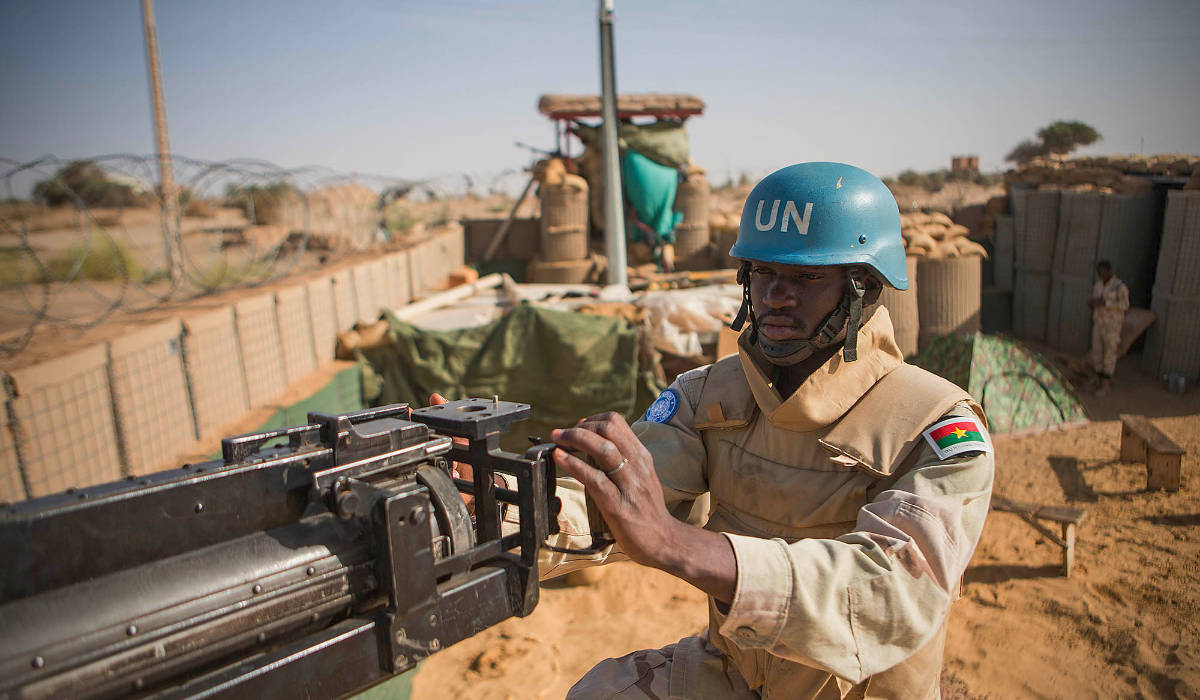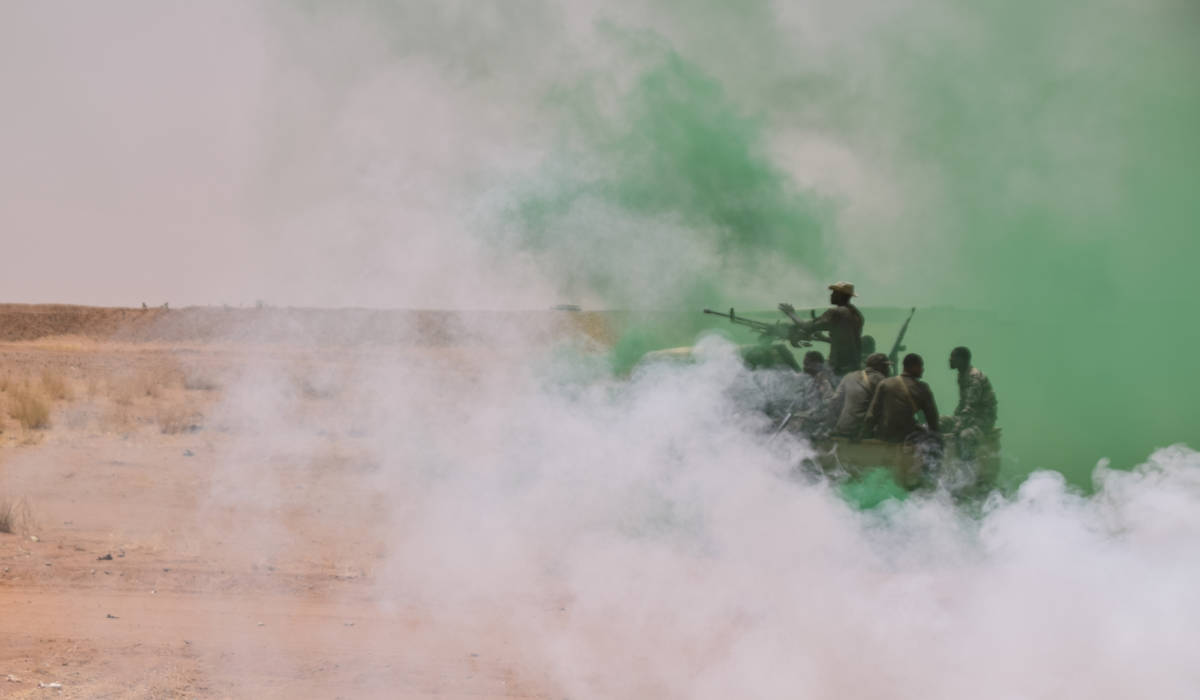This week as we faced the familiar scenes of an announcement from military officers on national television in Gabon saying that they have seized power, the centrality of the conversation regarding unconstitutional changes of power in the African conflict and resilience landscape is increasingly clear. In helping us to understand the resurgence of these types of transitions of power, Fatma Ahmed and Jide Martyns Okeke have written a timely piece which explores the triggers and structural factors behind military coups. In keeping with these developments, Festus Kofi Aubyn shares an analysis on the ECOWAS response to the coup in Niger and cautions against the overreliance on sanctions at the expense of a political solution to a political problem.
Moving to East Africa, we have a piece from Sara Tadesse Gebremariam which looks at the current conflict in Ethiopia’s second most populous region, Amhara. This conflict ensues against the backdrop of the Pretoria Peace Agreement between the Government of Ethiopia (GoE) and the Tigray People’s Liberation Front (TPLF). In this analysis, the author explains that the Abiy administration will need to balance trading off current instability in the Amhara region with risking a return to civil war in Tigray, if the Pretoria Agreement is not implemented as agreed.
The final section of this month’s Monitor reflects on the latest developments within global governance. In the context of the New Agenda for Peace, Cedric de Coning has authored a piece which focuses on the recommendations made regarding support to African peace operations. He explains that, in the new era of networked peace operations, the United Nations, African Union and other actors need to find new ways to cooperate so that they complement and mutually reinforce each other, as part of a new emerging global peace and security architecture.
In keeping with the discussions on emerging global architectures, Bhaso Ndzendze and Siphamandla Zondi have written a piece which reflects on the dynamics and politics of an expanded BRICS.








